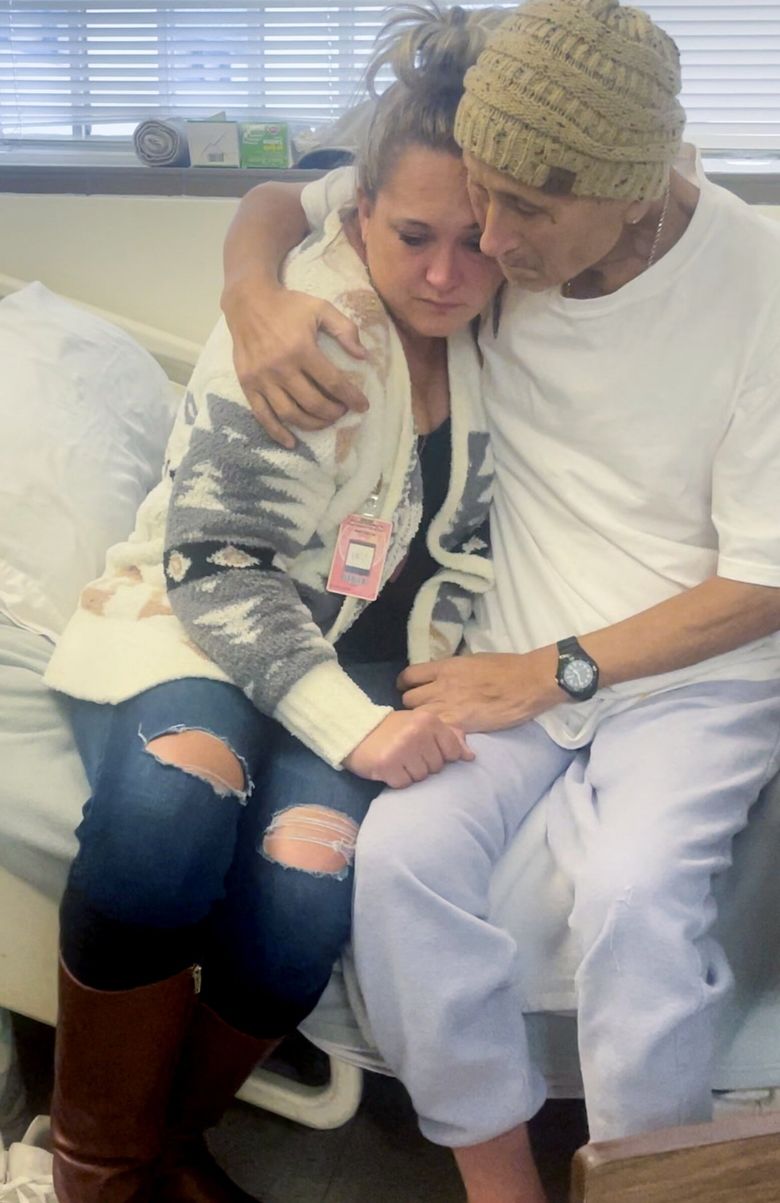The Seattle Times has reported on a significant settlement achieved by Budge & Heipt for a prison death caused by delayed cancer diagnosis and treatment. The $6 million result is one of the most significant of its kind against the Washington Department of Corrections.
From the Seattle Times, September 19, 2025:
WA pays $6M after man died in prison after delayed cancer treatment
Washington state has agreed to pay $6 million to settle a wrongful death lawsuit over lapses in the cancer diagnosis and treatment of a man who died at Monroe Correctional Complex.
Michael Sublett, 64, died of liver cancer in November 2023 “after a long period of unnecessary and grievous suffering” following “inexcusable delays” and “dereliction of medical responsibility” by the state Department of Corrections, according to the lawsuit filed by his daughter.
Responding to a grievance Sublett filed as he was dying, a DOC official apologized in writing for delays in reviewing ultrasound findings that could have caught his cancer sooner.
The $6 million payout to Sublett’s family, finalized in late August ahead of an October trial date, is the latest in a string of similar cases spotlighted in lawsuits, media and government watchdog reports on problematic medical care in state prisons.
In 2024, the state paid a $9.9 million settlement to a woman whose cervical cancer grew terminal as prison doctors failed to diagnosis and treat the disease. In 2022, the state paid $3.75 million to the family of a man who died at the Monroe prison after his cancer went untreated despite his urgent pleas.
In 2021, the Office of the Corrections Ombuds issued a critical report detailing 11 cases of delayed cancer care, including some leading to other deaths in state prisons.
Chris Wright, DOC’s communications director, said in an email Thursday the agency “has made significant strides in recent years to improve health care for incarcerated individuals,” including a new comprehensive program that focuses on preventive care.
Regardless of crimes they’re serving sentences for, incarcerated people have the constitutional right to adequate medical care and DOC has teams of doctors and nurses at its prisons.
Sublett was serving a life sentence under Washington’s “three strikes” law after being convicted in the 2007 murder of a Tumwater man.
In May 2022, Sublett complained of unexplained weight loss, abdominal pain and serious fatigue. He visited DOC medical staff and concerning lab tests were sent to an outside clinic.
An ultrasound scheduled several weeks later showed a mass in Sublett’s liver measuring about a centimeter in diameter. A radiologist determined a follow-up CT scan was needed to check out the possible cancer.
But DOC dropped the ball, according to the lawsuit, by failing to act on that recommendation or even inform Sublett about it.
In March 2023, Sublett, continuing to suffer from symptoms, was seen by an outside doctor in Everett, who noticed the earlier recommended CT scan had never been done and ordered one.
The results came back showing “what was once a small treatable mass” had grown to a large 12-cm tumor spreading to other parts of Sublett’s liver, progressing “to the point where a once-open window for viable life-saving or life extending treatment had now effectively closed,” according to the lawsuit.
Sublett died several months later on Nov. 20, 2023, after a long slow decline.
His daughter, Lauren Russell, said she filed the lawsuit in King County Superior Court after requesting her father’s medical records and reading news articles about similar cases of medical neglect in Washington prisons.
“How many people have to die in pain that could live before they are going to do something about this?” she said in an interview. “It just really lit a fire in me.”
Russell said she had maintained an exceptionally close relationship with her father during his time behind bars, talking with him frequently on the phone and visiting him with her children.
Ed Budge and Andrea Woods, attorneys who represented Russell in the lawsuit, said the case is another that points to the need for better medical care at DOC — both to prevent needless suffering and further expensive lawsuits that are borne by taxpayers.
“It just makes good financial sense to provide that care up front instead of facing the consequences of what happens when people are neglected,” Budge said.
A required fatality review conducted after Sublett’s death found DOC lacked a standard process for reviewing important test results from outside medical providers.
The review also noted the ongoing problem of DOC not having electronic health records. The prison system still relies on paper records that can contribute to medical errors.
Wright said DOC has made progress on that front, getting $11.9 million in the most recent legislative session to work toward an electronic health records system.
In his response to Sublett’s grievance a few months before his death, Mark Eliason, DOC’s deputy assistant secretary for health services, asked Sublett to “please accept our apologies” for the delay in reviewing his initial ultrasound findings.
“The appropriate action has been taken in an attempt to prevent this type of issue from occurring in the future,” Eliason wrote.





